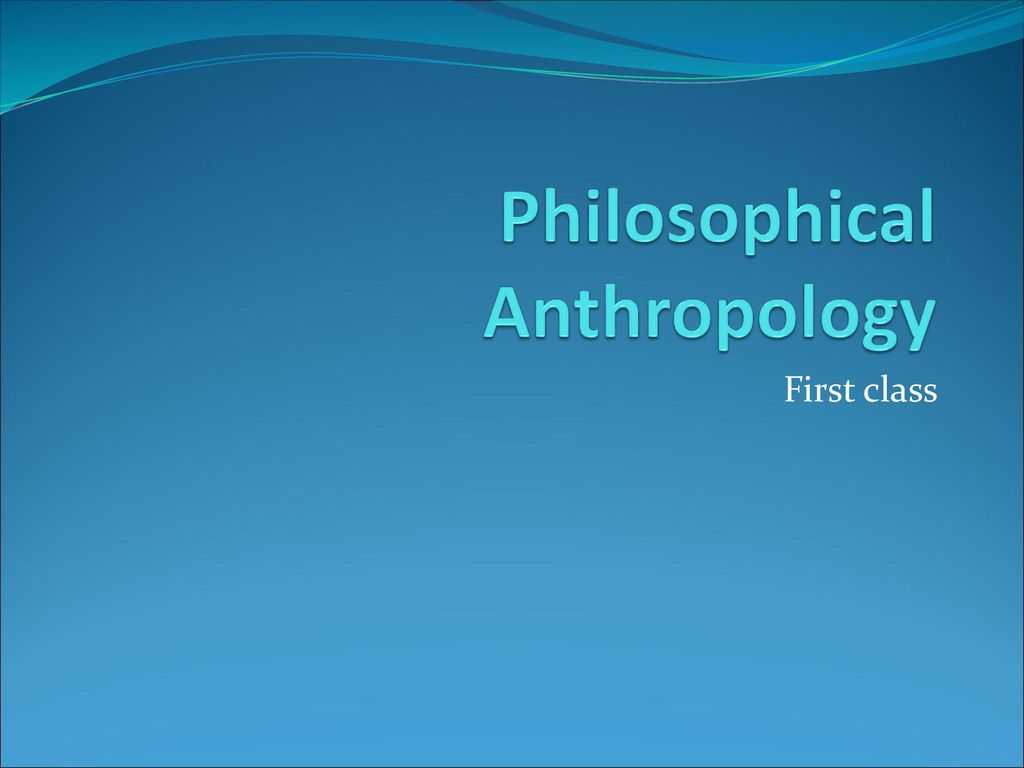Philosophical Understandings of Anthropology
Jun 09, 2023
This assignment explores the philosophical understandings of anthropology, which is a branch of science that studies humanity and human behavior. Philosophers have used anthropological theories to examine how humans interact with their environment and communities. They have also looked at how culture shapes our individual and collective identities, as well as how we relate to one another. Anthropologists also use philosophy to explain why certain patterns of behavior emerge in different times and places. For instance, when confronted with a new situation or change in the environment, people may take on different roles or beliefs depending on their cultural context.
Philosophical understandings of anthropology can help us better comprehend the complexities of humanity. By exploring how values are formed within particular societies, anthropologists can gain insight into the commonalities among human beings, as well as the factors that make us unique. Additionally, philosophical anthropological studies can provide us with an understanding of the moral and ethical implications of our actions. Through this approach, we can create more informed decisions in our daily lives.

Finally, philosophical understandings of anthropology can help us explore complex issues such as identity formation and power dynamics within societies. By examining how different groups interact with one another and the environment around them, anthropologists can gain a better understanding of how these systems shape individuals’ beliefs and behaviors. This knowledge can be used to promote social justice and equality while also preserving cultural diversity. Ultimately, by studying anthropology through a philosophical lens we are able to gain valuable insight into humanity's complexity and potential for growth.
Philosophy can also provide us with tools to help engage in meaningful conversations about the world around us and how it affects our lives. By examining different societal systems, anthropologists can identify issues of inequality and propose solutions that promote change. Furthermore, philosophical understandings of anthropology can guide discussions on ethical considerations when engaging in research or providing aid to vulnerable populations.
Finally, philosophical anthropology provides a comprehensive view of human life that is both scientific and holistic in nature. Anthropologists use this approach to bridge the gap between scientific understanding and social relevance. By looking at how different societies interact with one another, anthropologists are able to bring together facts from multiple disciplines into a cohesive narrative that can inform policy decisions and spur social change.
